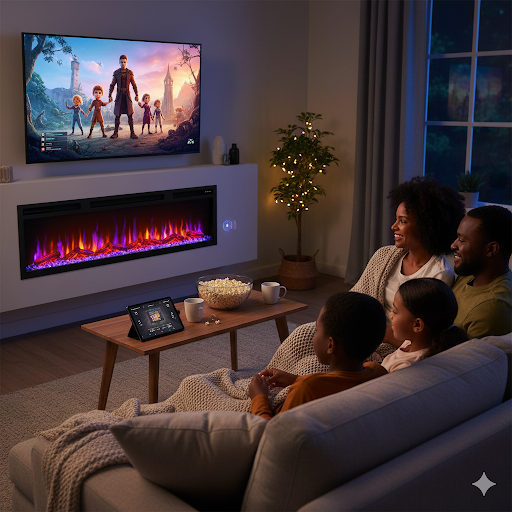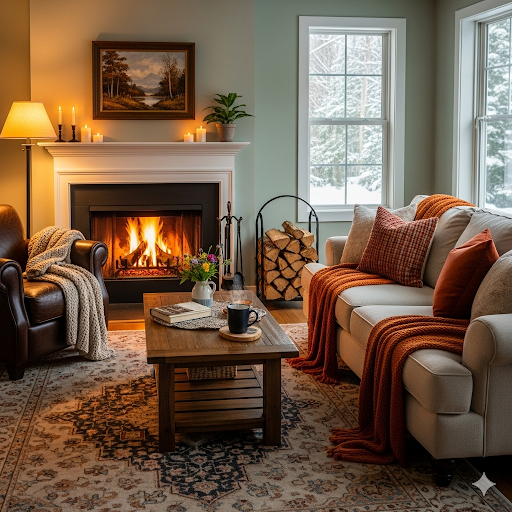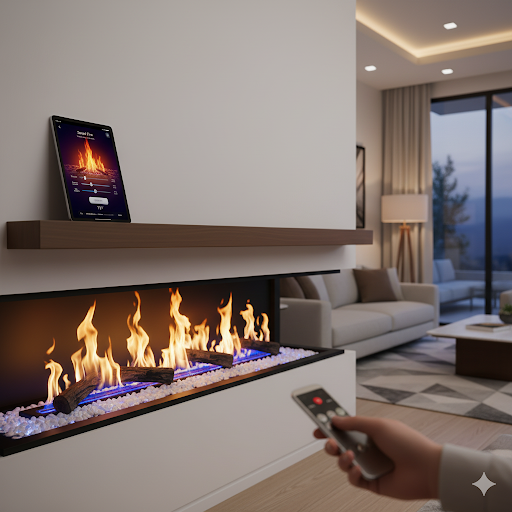Fire has been a source of comfort and fascination for humans since the dawn of time. The warm glow of a fireplace can create a cozy atmosphere that many find irresistible. But why exactly do we find fireplaces so comforting?
The Evolutionary Connection
One reason for our deep-rooted love of fireplaces can be traced back to our evolutionary past. Humans have evolved to seek out warmth and light, both of which are provided by a crackling fire. Our ancestors relied on fire not only for warmth and cooking but also for protection from predators. As a result, the sight and sound of a fire can trigger a sense of safety and security in our brains.
The Power of Ritual
Fireplaces are often associated with rituals and traditions, such as gathering around the fire with loved ones during the holidays. These rituals can create a sense of community and connection, reinforcing the positive feelings we associate with fireplaces. The act of tending to a fire can also be meditative, providing a sense of calm and focus in our busy lives.
The Visual and Aural Appeal
There is something mesmerizing about watching the flames dance and hearing the crackle of burning wood. The flickering light and soothing sounds can have a hypnotic effect, helping to relax our minds and bodies. This sensory experience can be deeply soothing, reducing stress and promoting a sense of well-being.
The Psychological Impact
Research has shown that the presence of a fireplace can have a positive impact on our mental health. The warmth and light of a fire can help to elevate mood and reduce anxiety. In fact, studies have found that simply looking at a fire can lower blood pressure and heart rate, inducing a state of relaxation.
In conclusion, the allure of fireplaces goes beyond mere aesthetics. The psychological benefits of a crackling fire extend to our evolutionary past, our need for ritual and connection, and the sensory experience it provides. So the next time you curl up by the fire, take a moment to appreciate the deep-rooted comfort and contentment it brings.








